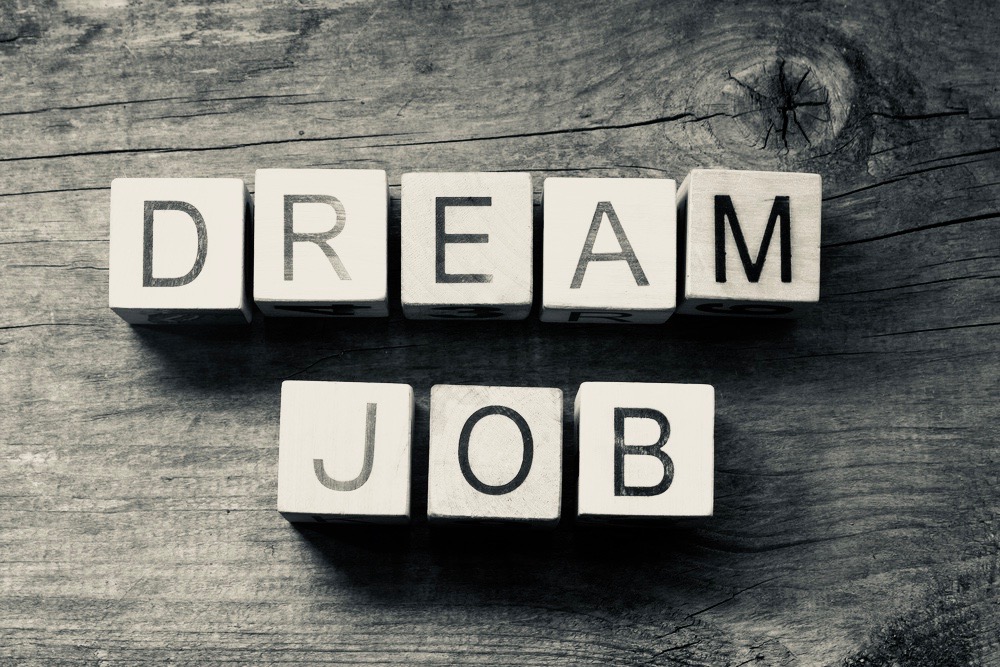A kind of vicious circle often frightens students and university graduates. With what to begin your search? Of course, with a competent drawing up a resume. A resume fixer help you with this.
Dozens of people apply for the job you want. They have professional skills and accomplishments. And that's a good thing: 65% of employers are looking for experienced candidates.
What about you? The empty space is where the experience section should be. We don't want an empty white space. So what should we do? Let's use other strengths in the resume and get the blocks right.
Your resume can include sections like this:
A Cover Letter
In this article, we'll walk you through each section and show you what you need to fill out in each one to stand out from the crowd of competitors. Are you ready?
It's easy here. You need to include your full name, phone number, email address, and city of residence.
The same goes for social networks. Many serious companies ask for links to accounts to learn more about the identity of the applicants. Make sure that your account, as well as the Internet, does not include any compromising photos of you.
Desired Position
Don't write: “I'll work for food,” or I'm a student, and I'll do anything. It's better to specify the position you're applying for. For example: trainee, assistant, sales assistant, operator, junior waiter, office manager.
Summary
Modern resumes include brief information instead of career goals. The summary section comes right after your name and contact information and includes one or two sentences about you, your interests and abilities.
If you have no experience yet, write about your educational background, relevant skills, professional interests and work ethic. The section should be adapted according to the requirements of the position.
How to write a resume for a student without work experience ?
Instead of work experience: internships, internships, personal and academic projects, volunteer and extracurricular activities So, how to write a resume for a student without work experience.
First of all: how about you get some experience after all? No, we're not kidding, we're well aware of the vicious circle. But here's how you can break out of it:
Start with an internship, part-time, seasonal or temporary job
Say you dream of doing investigative journalism for the New York Times? So do a little freelance writing work somewhere on a freelance exchange, say Upwork, to start, or practice with a local publisher for free so you can list a few published articles on your resume. After all, even if the job was a part-time job, it's already better than nothing.
And what if even a temporary job hasn't happened yet? List personal or academic projects related to the job. Just think right away about what exactly you're going to say about it in the interview, and how the project might relate to the job you want. For example:
A personal project relevant to the job
Suppose you want to get a job at a health and fitness center. A relevant project might be developing a personal fitness program to prepare for a marathon.
A work-related academic project. Adding an academic project to your resume is easy. Include where the project was done, what curriculum it was part of, the name of the project, the date it was completed, and a brief description of its goals.
Trainings, courses, and certificates
The ideal is when you have a completed higher education and a desire to work in your specialty. But life makes its adjustments, and such ideal scenarios do not always occur. Perhaps you have realized that your field of study does not interest you, and you want to do something completely different. Let's face it: most applicants do not make a conscious choice of educational institution.
There are professions in which you can't do without a college degree - for example, doctors or chemical engineers. But for others (say, marketing and PR, HR) there are online courses, distance learning, which by the ratio of resources and time strongly wins over the traditional. You can learn from the best professionals in their field on EdX, Udemy, or Coursera. Take at least a few toward your desired profession, get certified, and list it on your resume.
Include courses you took while at university if they are relevant to the position you are applying for. Just include the name of the course, and add a brief description of what you learned and the skills you acquired. Add the start and end date of the course.
Talk about attending seminars, conferences, and workshops only if they are relevant to the job you want.






